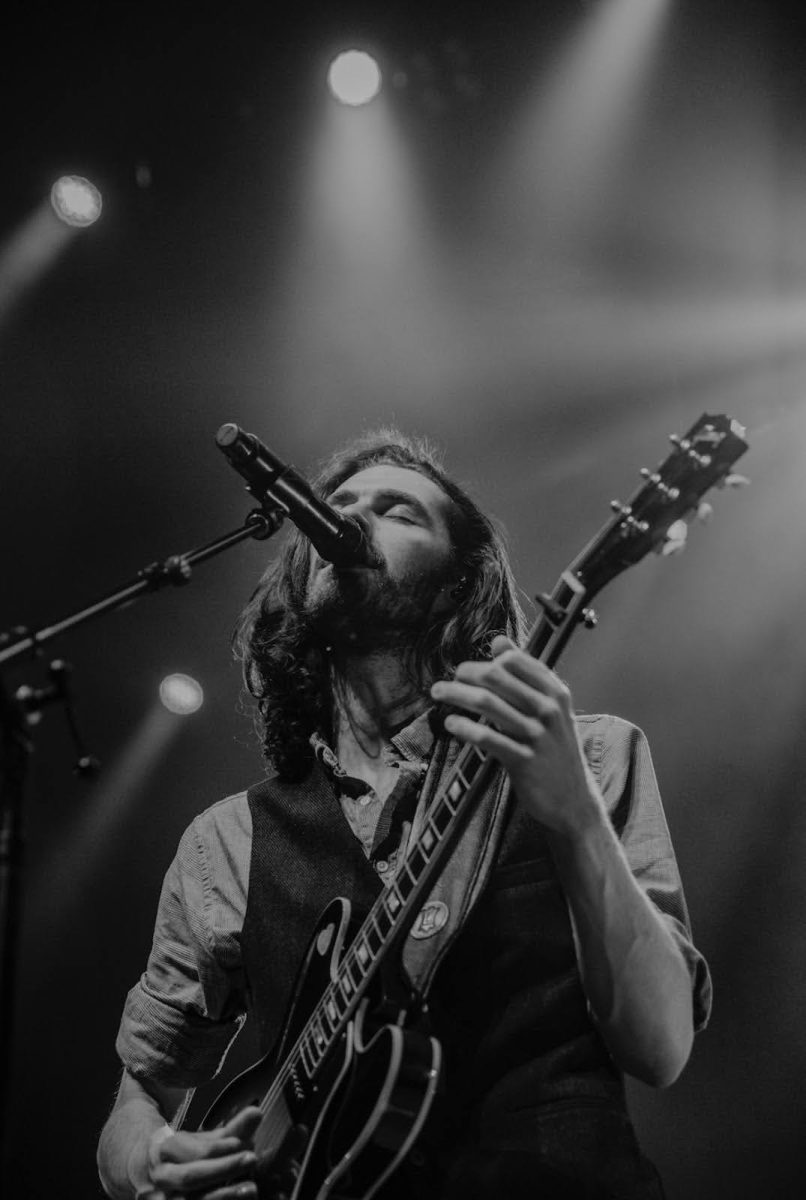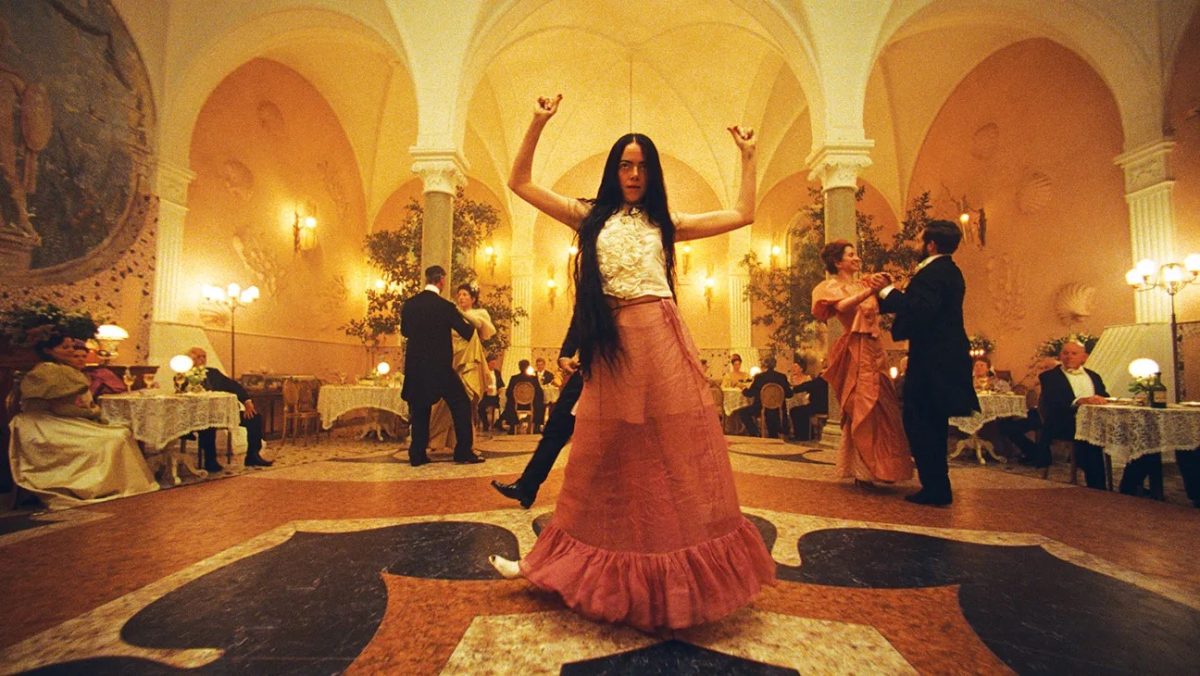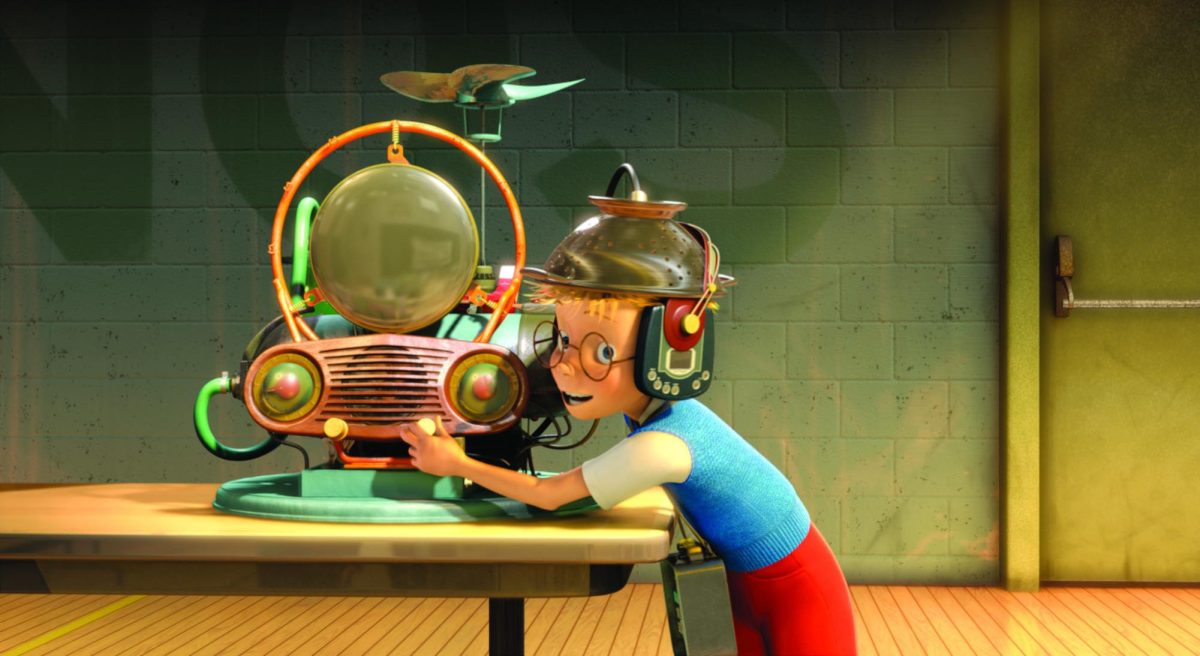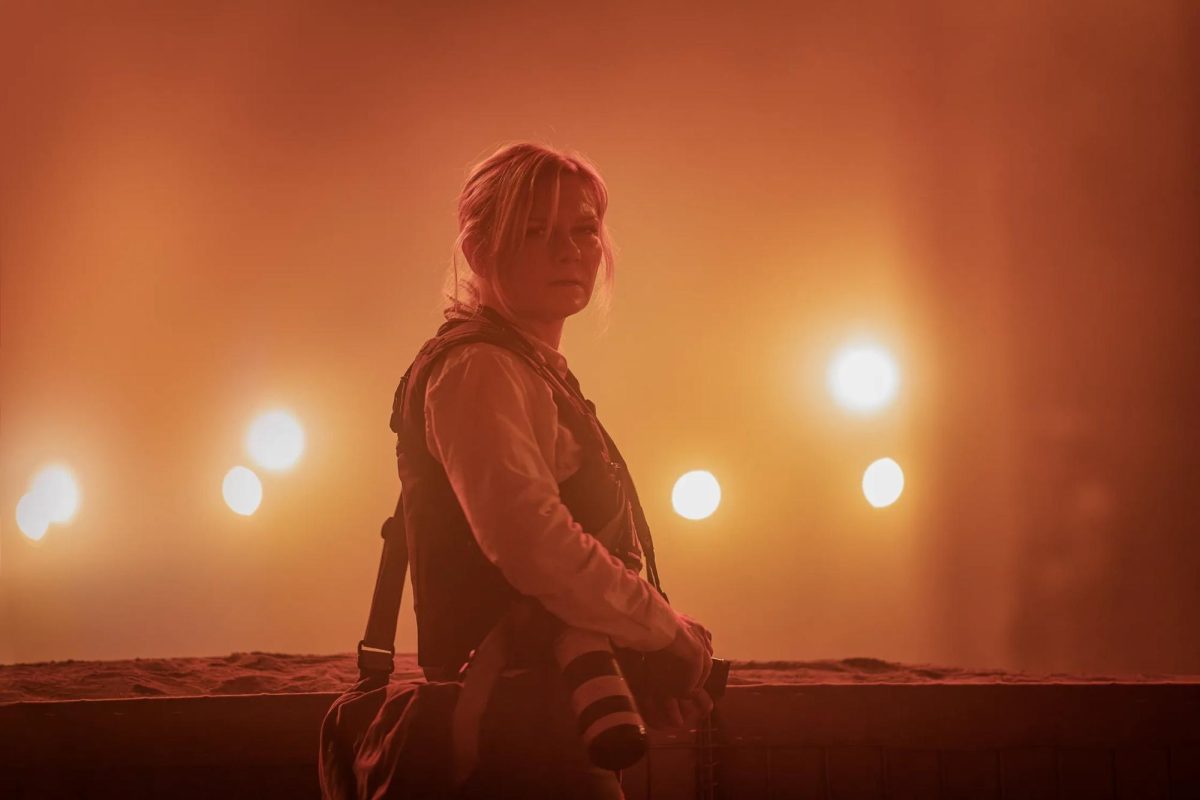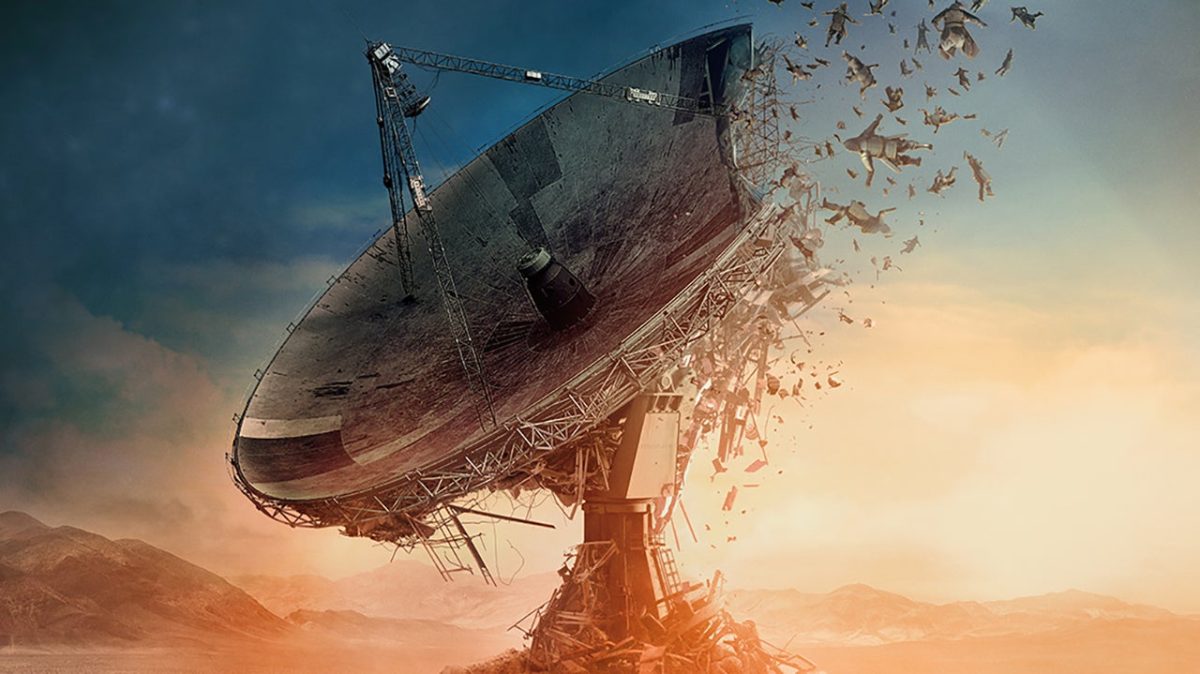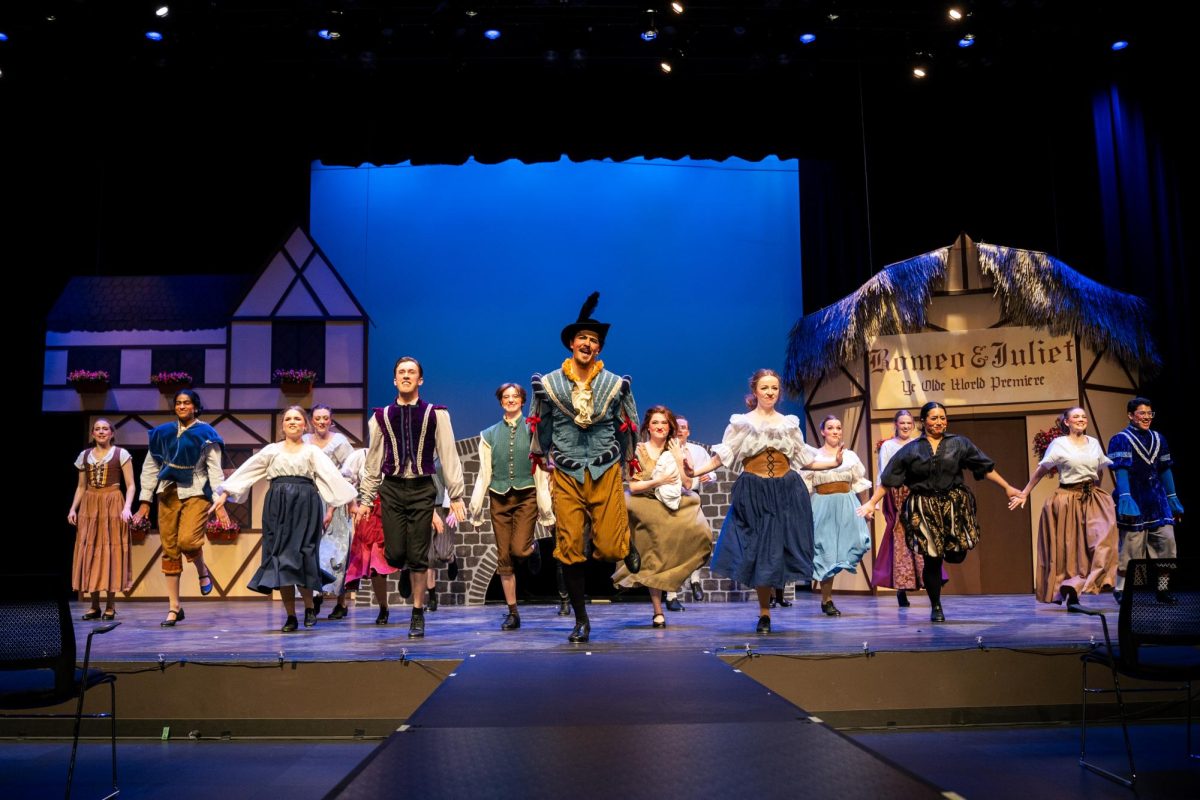There are times when you watch a performance and you find yourself in complete awe of the entire production. Other times you feel like you missed the entire point of the performance — Biospheria falls somewhere in between.
Biospheria is billed as “”an environmental opera,”” but don’t let the word “”opera”” sway your initial impression. It is nowhere near an opera in the classical sense of the word. The producers of the show, Steven Ausbury and Anthony Burr, worked for over a year on Biospheria before it made its debut on the UCSD campus early in March.
There are obvious references to Biosphere 2 in Arizona, which was a project that isolated a team of scientists in the world’s largest enclosed ecosystem. Biosphere 2 was intended to be the prototype for a colony on Mars and was also supposed to explore different holistic theories of ecology. It was subsequently discovered, however, that the founders of Biosphere 2 were not exactly “”real”” scientists. In fact, the founders were actually part of a theater company with alleged cult-like tendencies.
Biospheria reflects the utopian themes that Biosphere 2 attempted to create and the isolation that it ultimately created. The entire production blurs the lines between art and science. What makes the production fascinating is that the entire audience is literally involved every step of the way.
Dressed in plastic ponchos and armed with headphones, audience members are taken around the UCSD campus to sites that represent some of the historical moments of Biosphere 2. Groups of eight are plugged into the CD player of a group leader, and the listeners’ ears are filled with synthesized noises from nature: The computer-generated sounds incorporate the sounds of birds, frogs and water.
“”The idea was to create a simulated nature,”” Burr said, “”and there are also little details according to each environment.””
So imagine yourself in a plastic poncho, wires from your headphones connected to your field leader, wandering around campus and watching Biospherians dressed in a cult-like shade of white acting out the different scenes. At first it’s difficult to digest, but it evolves into a surreal experience.
The discomfort brought by being confined with other people is especially noticeable in a particular scene in which the audience is seated around a massive dining table for the Biospherians. The noise playing in the background softens to nothing and, for what seems like an eternity, the entire audience remains quiet — unsure of whether it should talk.
Biospheria is the “”subjective experience of being contained and linked to other people,”” Burr said. “”The story itself raises interesting questions about utopian ideas.””
The cult-like tendencies of those in Biosphere 2 is reflected in Biospheria. The actors’ white clothes present a disconcerting image of utopia — or is it conformity? The audience is even led by a shepherd through all the scenes.
Throughout the performance, the operatic aspect of Biospheria is transmitted through the headphones, as the noises are often the background music to the Biospherians’ reading of fictional diary entries, which reflect the frustration of being confined in an enclosed environment with other people.
Biospheria may prove to be too artsy for many, but enter this realm with an open mind, and you might find yourself completely fascinated. If you allow yourself to be caught up with this interactive experience, you may discover the campus transforming before your very eyes.
Performances of Biospheria will run every day from Thursday through Saturday.
The performances start at the Center for Research in Computing in the Arts (CRCA) at 3 p.m. Admission is free and reservations can be made online at http://www.-crca.ucsd.edu/biospheria


